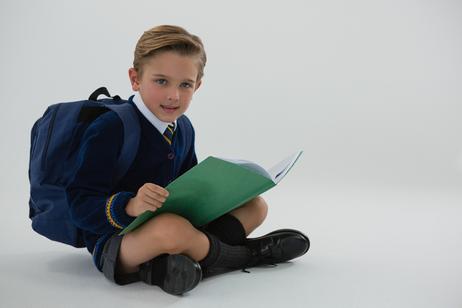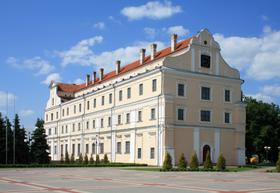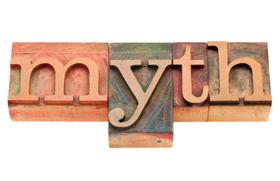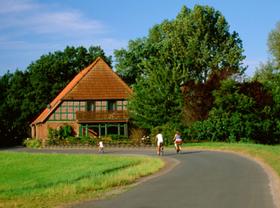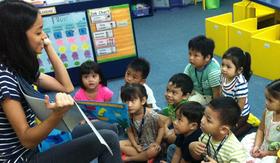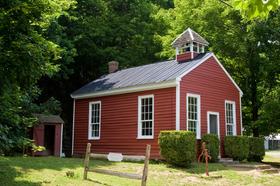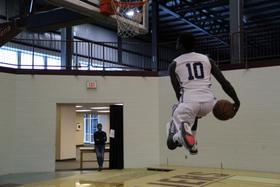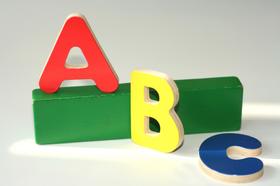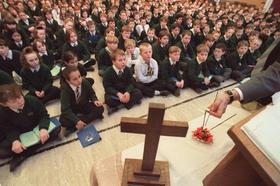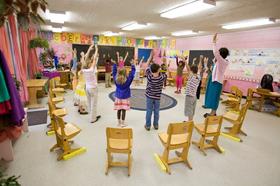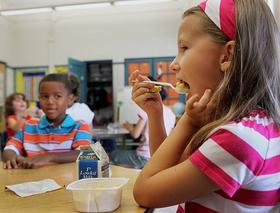A timeline is helpful when dealing with a controversial issue such as school vouchers. But before we do that, what are vouchers?
EdChoice describes vouchers as:
"School vouchers give parents the freedom to choose a private school for their children, using all or part of the public funding set aside for their children's education. Under such a program, funds typically spent by a school district would be allocated to a participating family in the form of a voucher to pay partial or full tuition for their child's private school, including both religious and non-religious options."
You will hear vouchers called various names, such as parental choice, education grants, scholarships, and tuition grants, to list but a few of the names you will encounter for vouchers. According to the Education Commission of the States, Sixteen states and the District of Columbia currently offer 27 voucher programs.
This TEDxICC talk is entitled School Choice: The Next Frontier In Civil Rights.
Introduction to School Choice
School choice is a term that encompasses various alternatives to traditional public schools, including charter schools, private schools, homeschooling, and vouchers. The concept has deep historical roots and continues to be a vital part of contemporary education policy.
Early 20th Century: Origins and Early Models
The idea of educational vouchers was first proposed by economist Milton Friedman in 1955. He suggested



